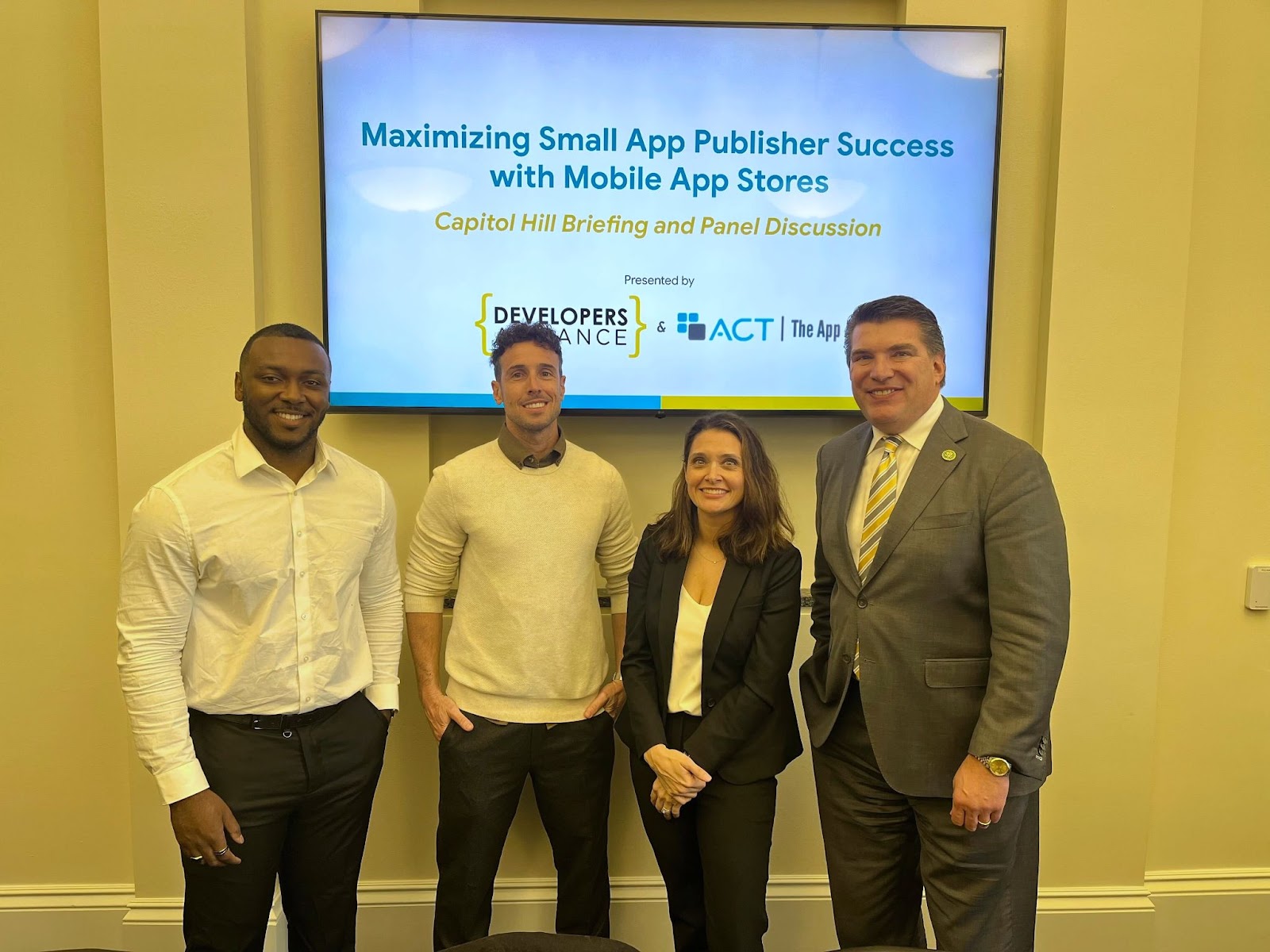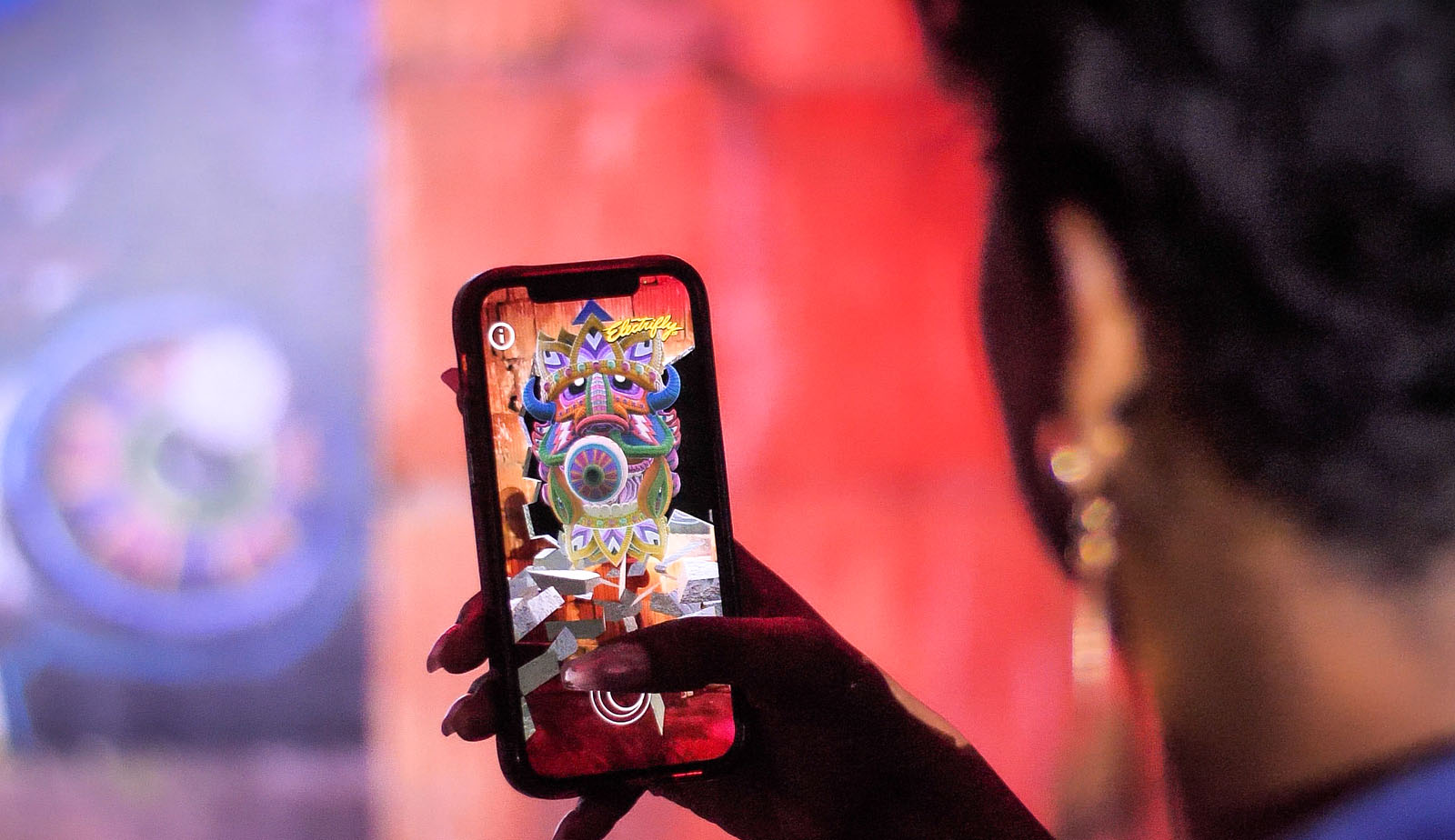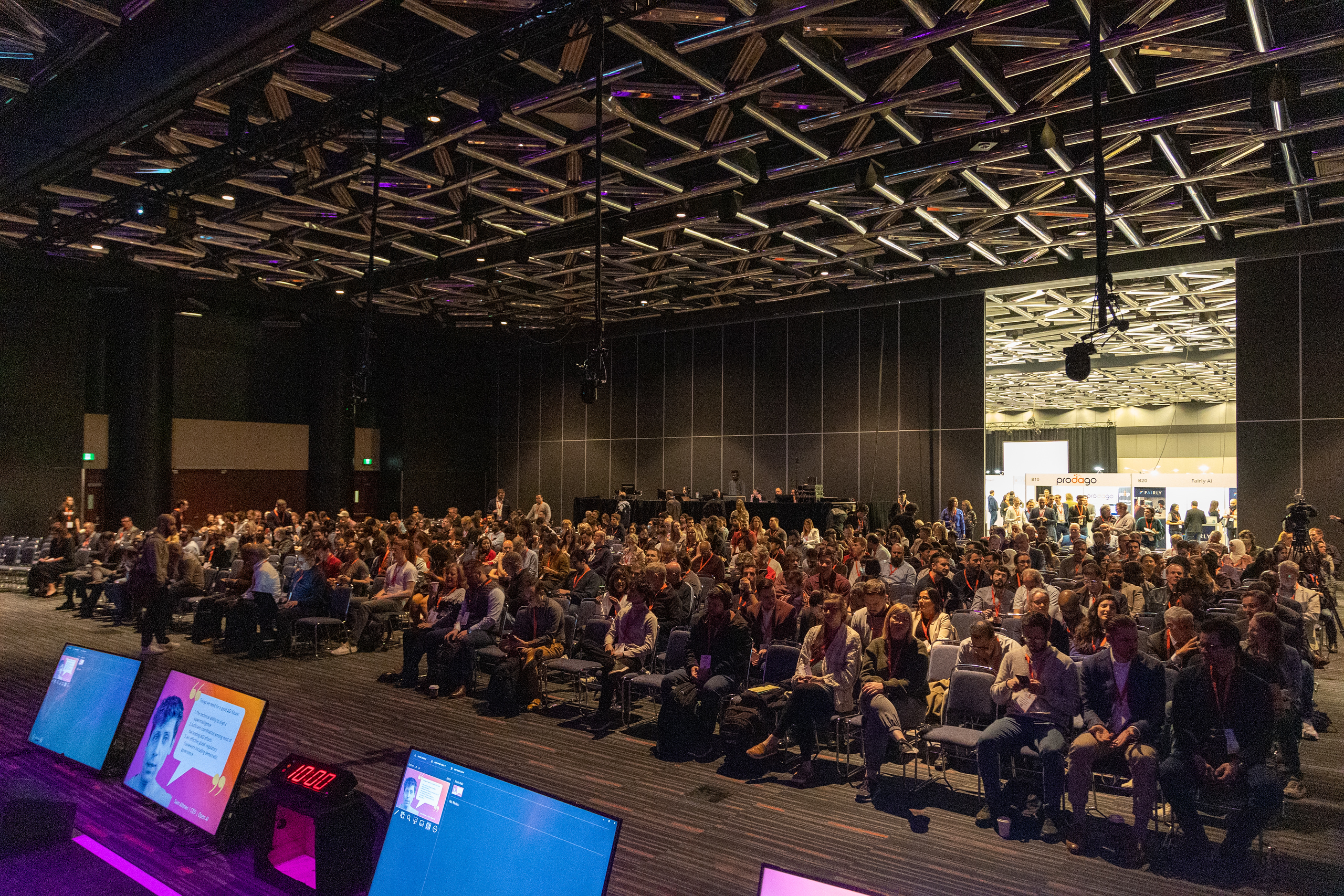The Application Developers Alliance checked another first off of our list with the inaugural mHealth Apps Workshop in Raleigh, NC on May 14. Over 60 attendees and 10 speakers came in from around the country to discuss how mobile technology is enhancing the patient care experience in the healthcare industry.
Successful Use Cases: Healthcare Apps that Reduce Friction and Generate Revenue
Bob Dieterle, MobileSmith CEO, spoke on connecting developers and hospitals.
Our first session of the day featured presentations from MobileSmith, Healthgrades, and Duke Medical, as each speaker shared best practices on creating successful, healthcare-focused apps.
MobileSmith’s COO Bob Dieterle kicked off the session with a revealing look at the challenges facing hospitals as they build mobile experiences for their patients. “Hospitals know they have to go mobile,” said Dieterle, “but the problem is that they don’t understand the user experience and don’t know where to find developers to build these apps.”
Brad Bacon, VP of Product at Healthgrades, addressed the audience.
Brad Bacon (VP Product, Healthgrades) was up next to talk about his experiences in the mobile space prior to joining the healthcare industry. Bacon gave advice on how mHealth developers can improve user experience. “There’s a lot of data available to professionals in the healthcare industry, but make sure you emphasize visuals over hard data in your app. The last thing you want to do is have a bunch of hard data that consumers will have no interest in chewing through,” says Bacon.
Bernard Fuemmeler, director of Duke mHealth, spoke on gamification.
Dr. Bernard Fuemmeler, Associate Professor and Director of mHealth@Duke at Duke University, finished the session with a thought-provoking presentation on the state-of-the- science on mHealth apps. In his talk, he highlighted that many apps designed for managing health behaviors, like weight-loss or smoking, have traditionally fallen short of including evidence-based practices and effective behavioral strategies. He also discussed the importance of using the data generated by the app to evaluate app performance. Finally, he noted the need to include creative ways of increasing engagement, such as the use of gamification and including patients in the development process.
Health Care Apps ROI: What to Measure and Why
Our second session was an interesting discussion on analytics in mHealth with panelists from WillowTree Apps, MediPortal, and PadInMotion.
From L to R: Woody Zantzinger (WillowTree Apps), Ricardo Funk (MediPortal), and Drew Hickerson (PadinMotion)
Much of the conversation centered on data sharing between providers and patients. Ricardo Funk (Senior iOS Engineer, MediPortal) said “if we give the patient the power to control their own medical records, patients will be far more willing to share that data with providers.”
PadInMotion’s VP of Business Development, Drew Hickerson, noted he has more access to patient analytics than ever before. However, service providers to the healthcare industry need to understand that if their solutions aren’t saving hospitals money or improving the patient care experience, there are very few providers that will want to use their app.
Wearables, Wearables Everywhere—When Will All the Data Be Useful?
From L to R: Dr. Zubin Eapen (Duke Medicine), Ryan Beckland (Validic), Dr. Arlene Chung (UNC Medicine), Rohit Nayak (Strap)
The workshop concluded with a fascinating panel on the state of wearables in the healthcare industry, featuring speakers from Duke Medicine, UNC Medical, Validic, and Strap.
Having two clinicians on the panel allowed for interesting perspectives on the challenges of integrating wearables into the patient care experience. As Dr. Arlene Chung from UNC informed the audience, the struggle for providers is figuring out how to take data from wearable devices that are meant for consumers and filter that data to find actionable information that can be used to improve a patient’s health.
Rohit Nayak of Strap pointed out the other challenge for healthcare providers is that most wearable data falls under a “gray area” of HIPAA regulations since the technology is still fairly nascent and the healthcare industry is generally slow to embrace new mHealth developments. For that reason, it’s crucial for app developers and technology providers to make sure their products are HIPAA compliant to avoid potential compliance issues.
Ryan Beckland of Validic provided attendees with some guarded optimism by stating that he is heartened that there is such a large number of developers interested in creating apps for an industry where regulations and gatekeepers often slow innovation in the mHealth space. The most effective way for developers and providers to break down these barriers is to continue to have an open dialogue with each other. These continued conversations will result in products that positively impact the patient care experience for providers on a level that can’t go ignored.
We’d like to offer our gratitude to our friends at MobileSmith for serving as Host Sponsor of the Raleigh mHealth Workshop and bringing the Alliance in for our first event in the Research Triangle. It was fantastic to meet so many people at the center of innovation in the mHealth space. Check out our photos below for highlights from the event, and look for an Apps Alliance event near you!
PHOTO GALLERY
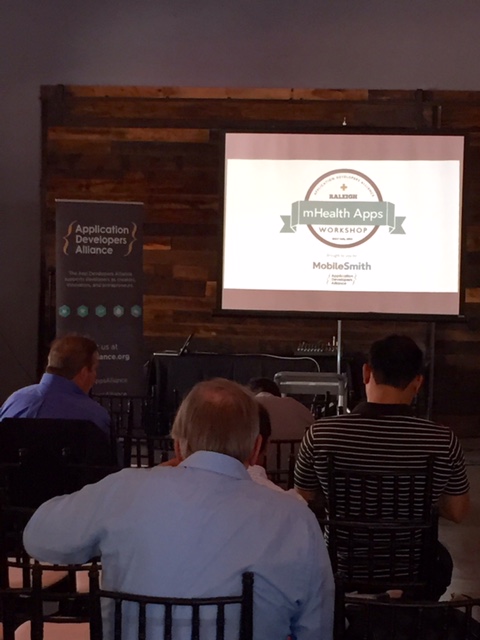
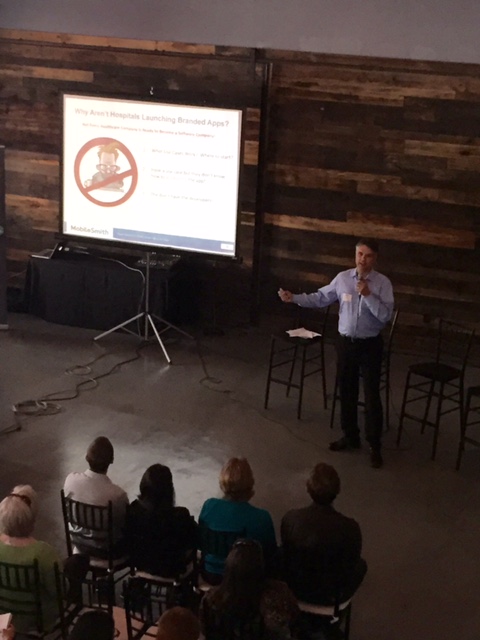
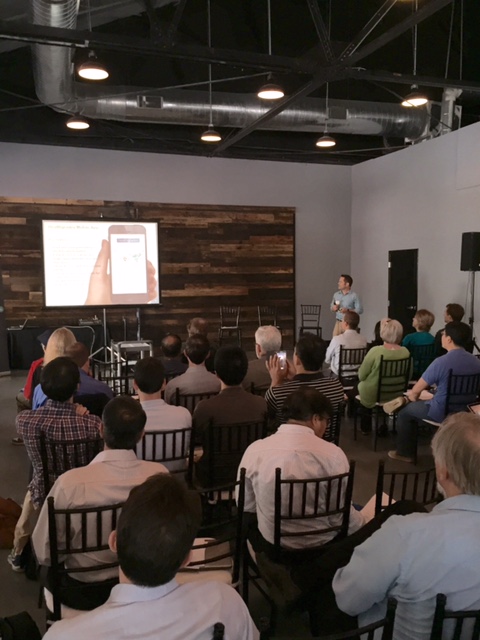
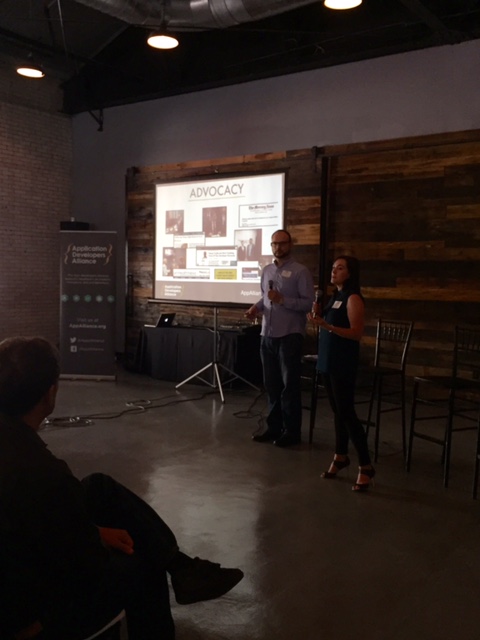
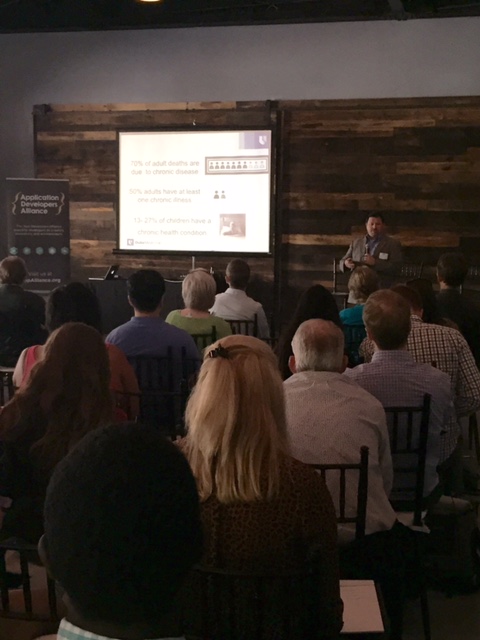
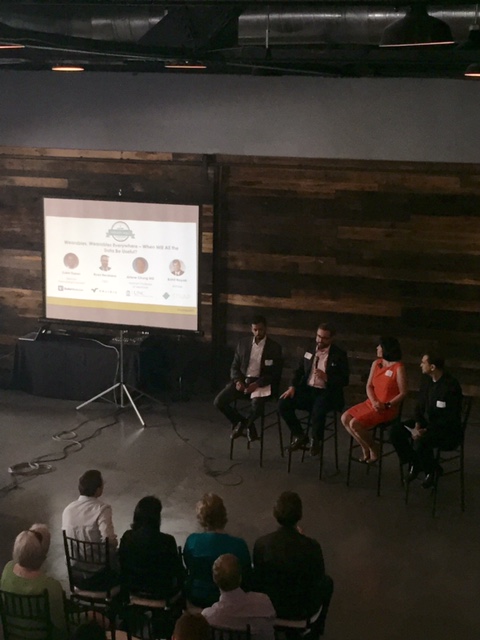
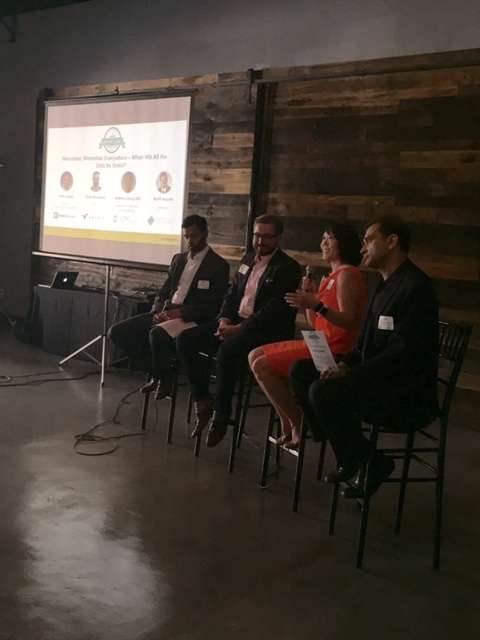
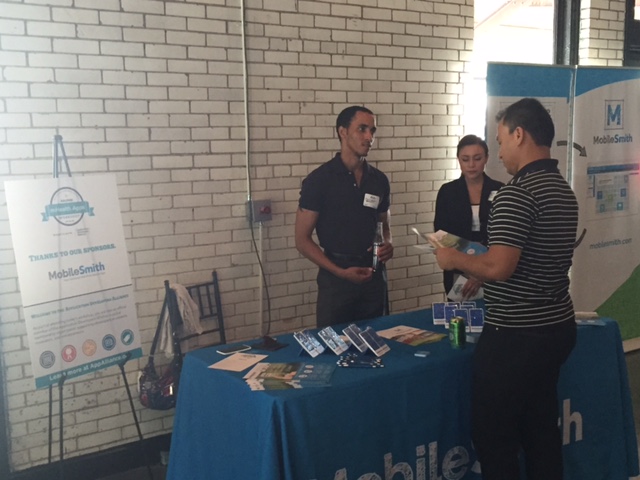
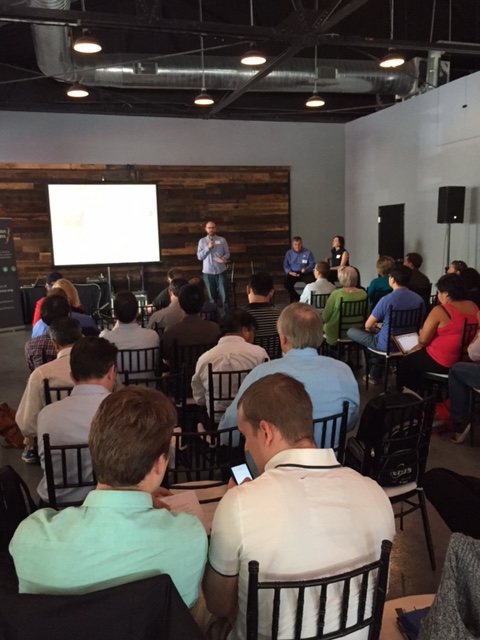

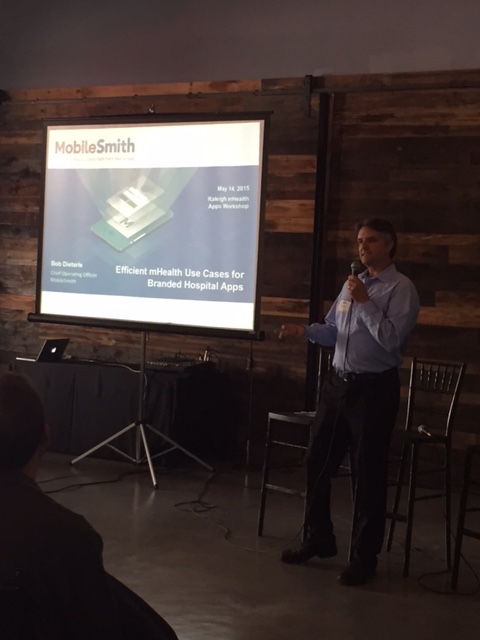
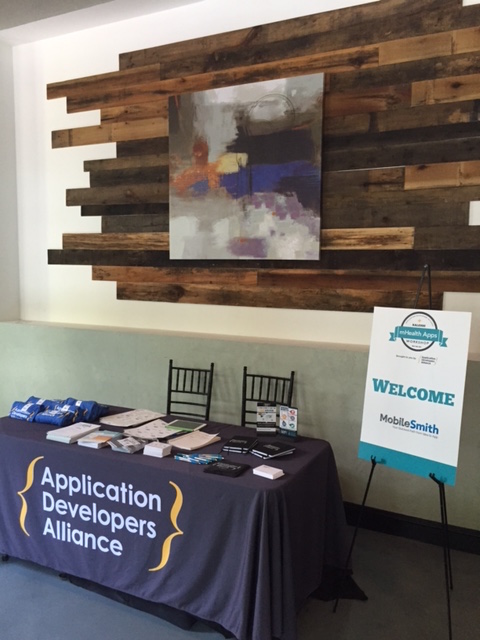
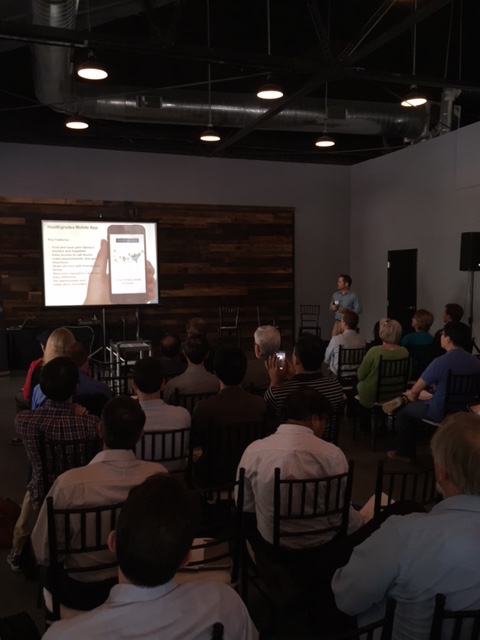
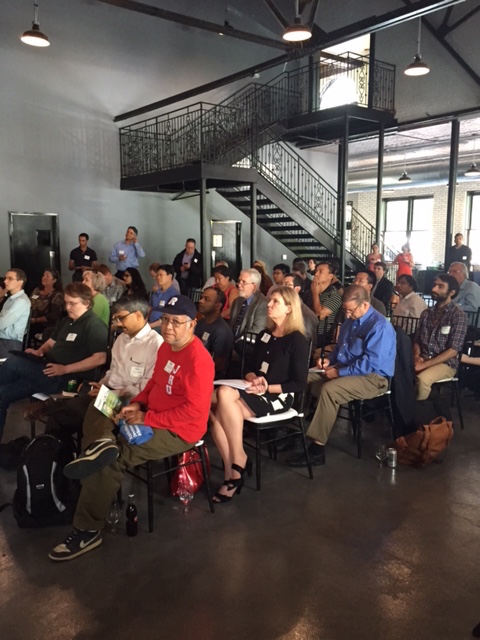
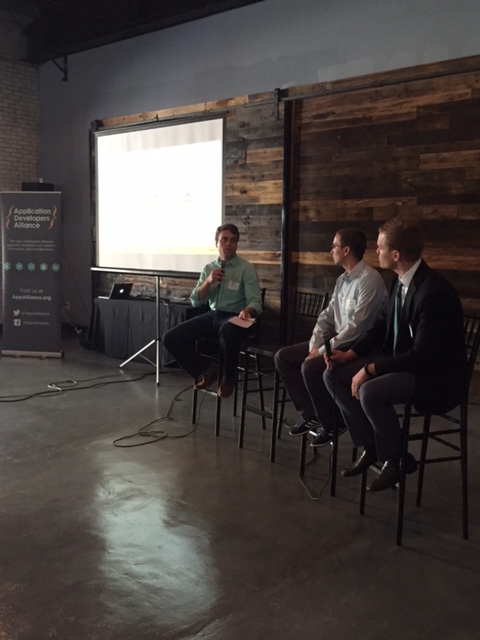
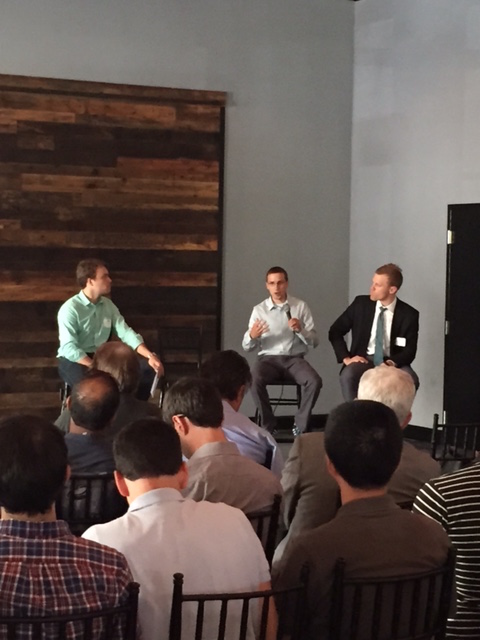
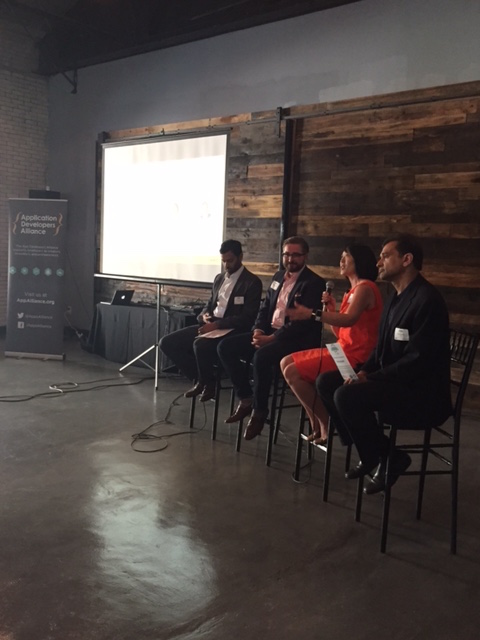
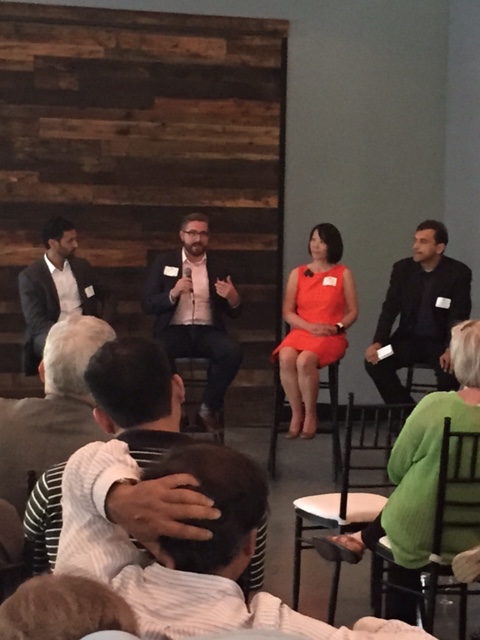
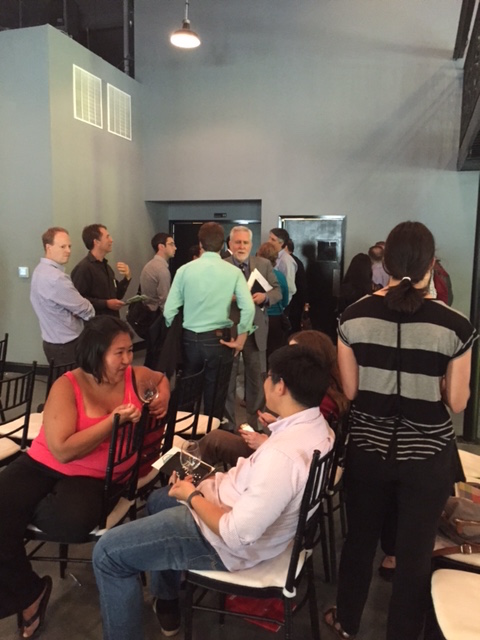
Max Rollinger
Member Programming Manager








